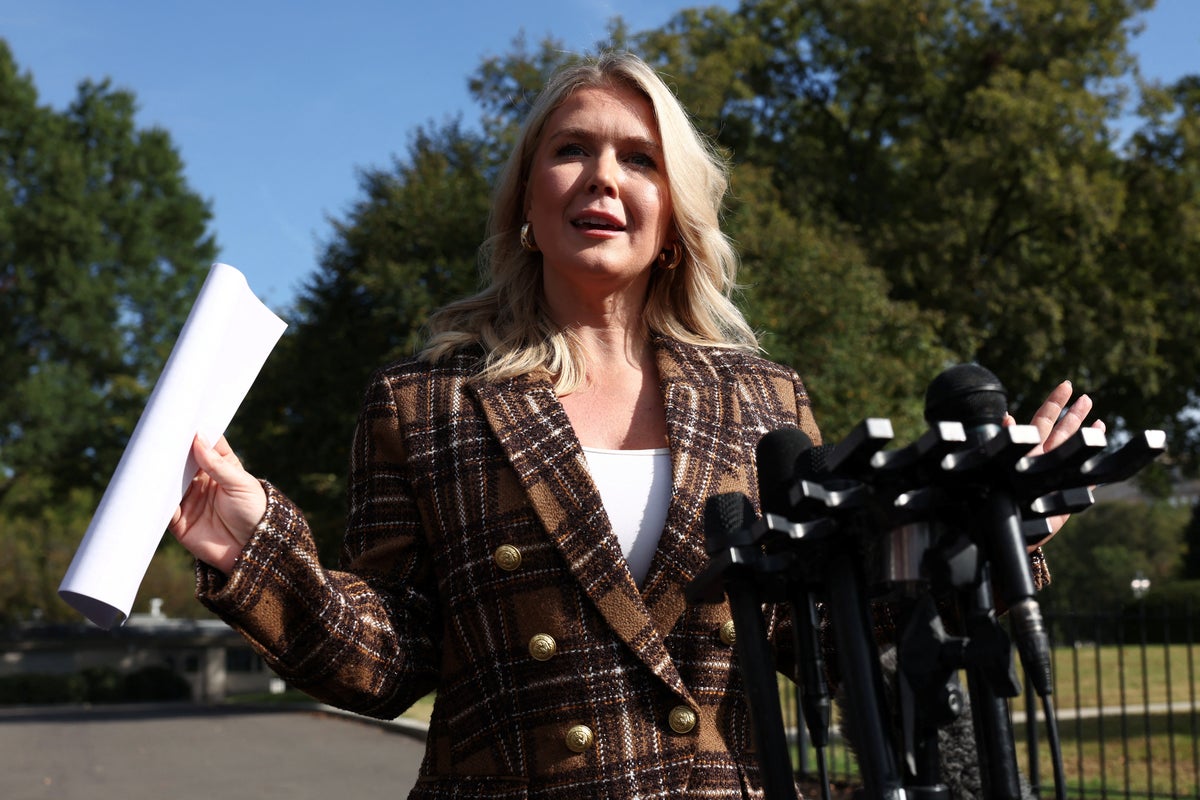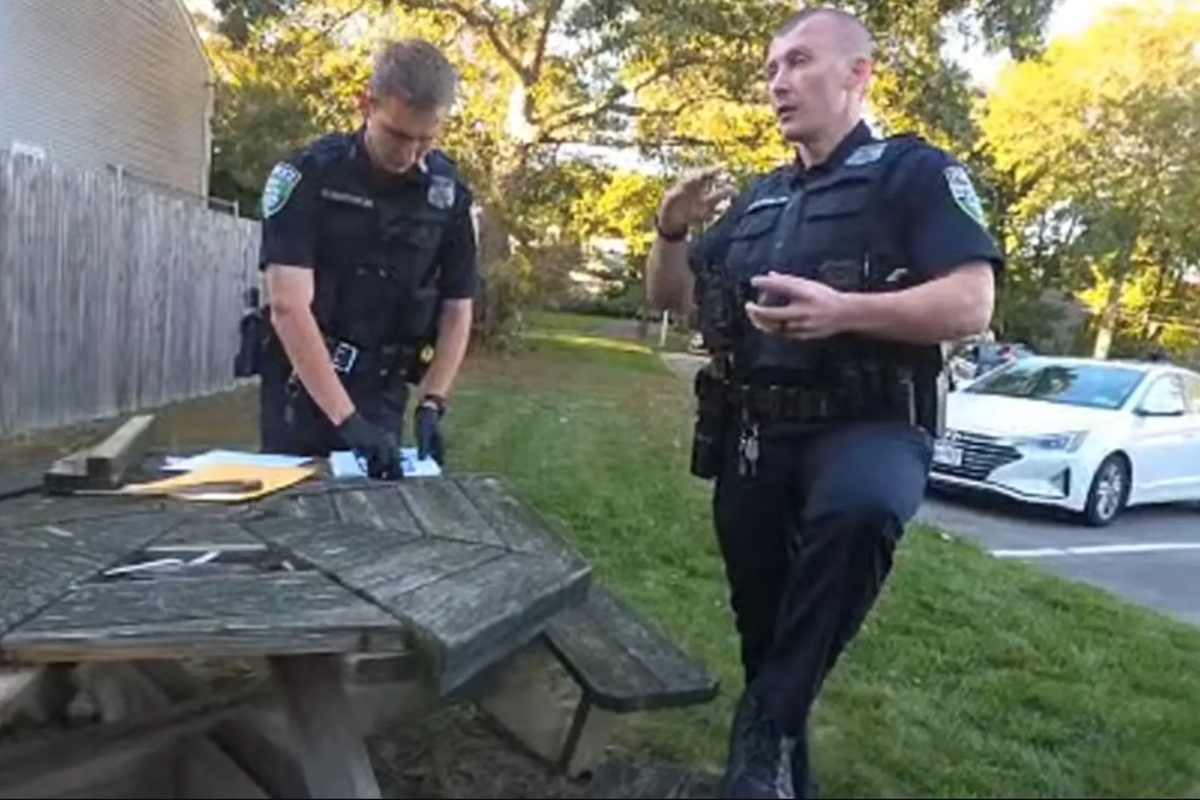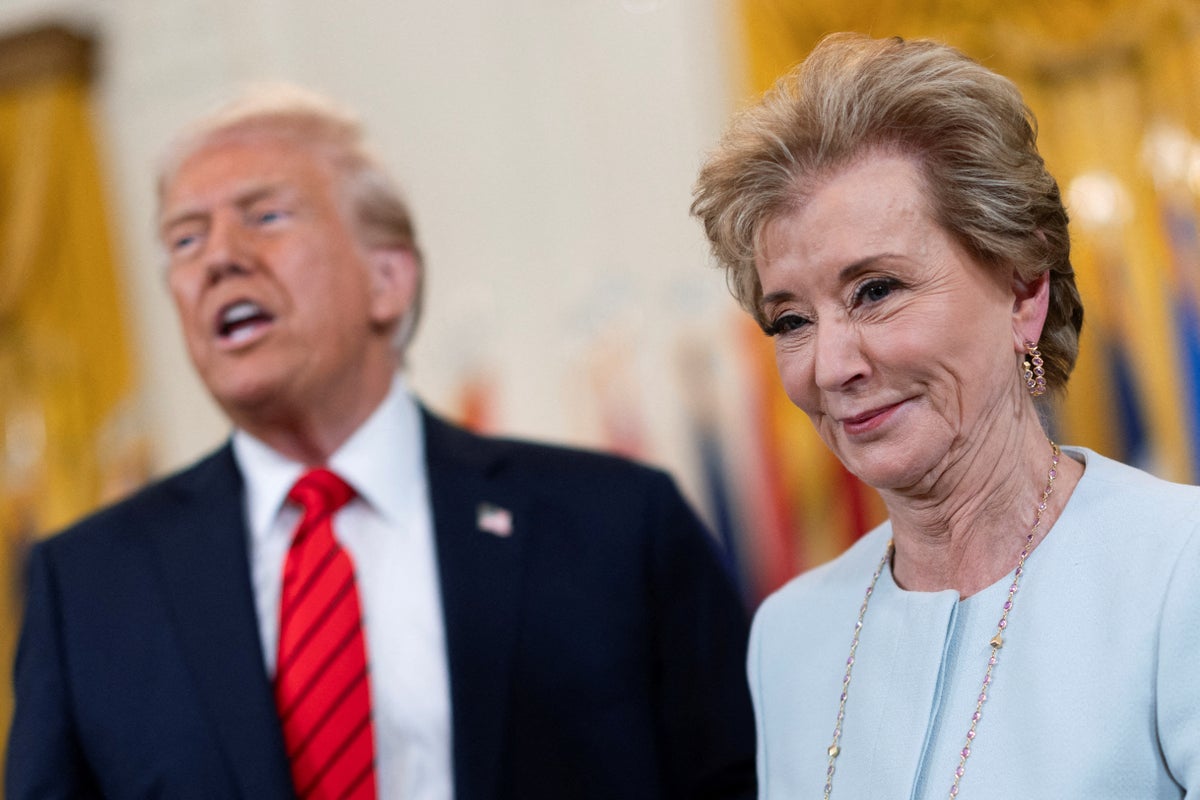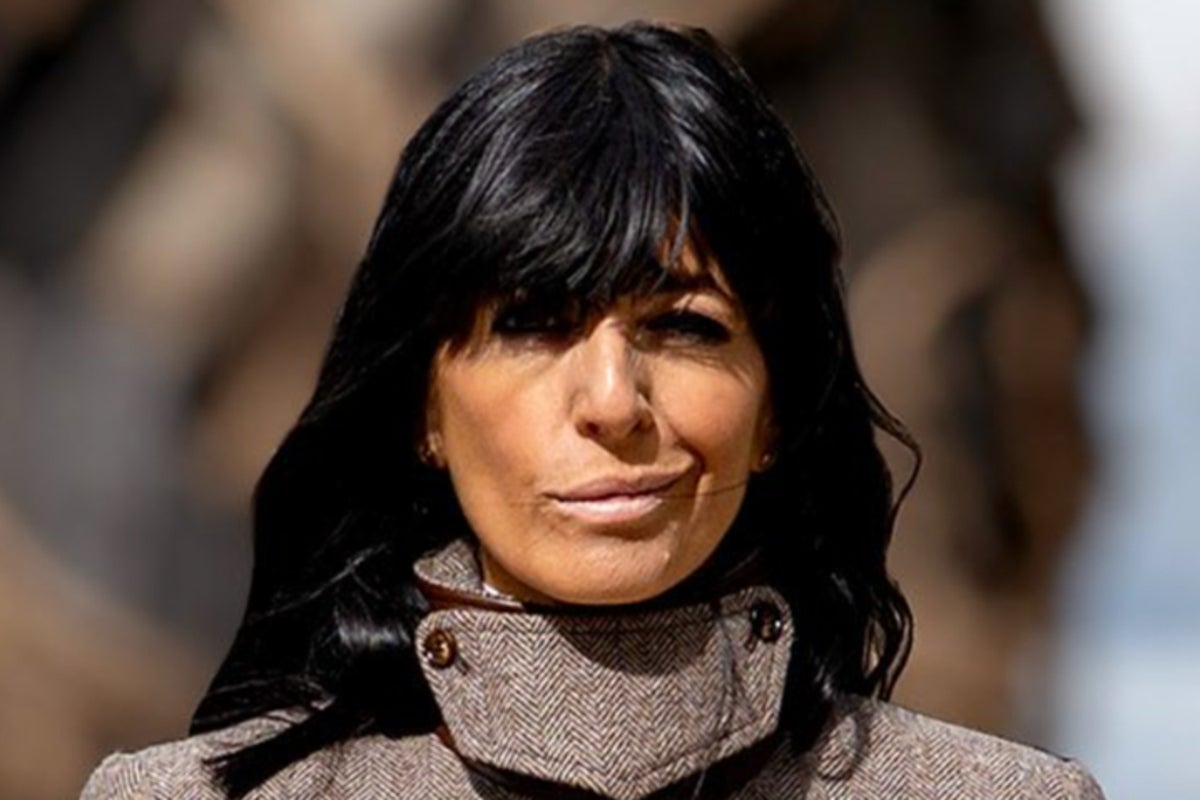The Syrian government and the main Kurdish-led force in the country’s northeast have agreed in principle on a plan to merge the U.S.-backed force as a cohesive group into the national army, Syria’s main Kurdish commander said Thursday.
The comments by Mazloum Abdi, commander of the Kurdish-led and U.S.-backed Syrian Democratic Forces, in an interview Thursday with The Associated Press appeared to signal a breakthrough after talks between the SDF and the central government in Damascus had floundered for months.
In December, insurgent groups led by the Islamist Hayat Tahrir al-Sham, or HTS, marched into the capital Damascus removing President Bashar Assad from power and forcing him to flee to Russia. The attack marked the end of a five-decade rule by the Assad family, who belong to the minority Alawite sect, an offshoot of Shiite Islam.
The new Sunni-led leadership in Damascus under interim President Ahmad al-Sharaa, the former leader of HTS, inked a deal in March with the SDF, which controls much of the country’s northeast.
Under the agreement, the SDF was to merge its forces with the new Syrian army, but details were left vague and implementation has stalled.
A major sticking point had been whether the SDF would remain as a cohesive unit in the new army or whether the force would be dissolved and its members individually absorbed into the new military.
Agreement on a mechanism
Abdi said the two sides have now agreed on a “mechanism” for the merger.
“We are talking about a large number, tens of thousands of soldiers, as well as thousands of internal security forces,” Abdi said. “These forces cannot join the Syrian army individually, like other small factions. Rather, they will join as large military formations formed according to the rules of the Defense Ministry.”
He added that they have formed a committee that will work with the defense minister and other military officials to specify the “suitable mechanisms.”
Abdi said that he expects SDF members and commanders who will join the national military will receive good posts at the Defense Ministry and army command.
Over more than a decade, the SDF gained military experience as it spearheaded the fight against the Islamic State group that once controlled large parts of Iraq and Syria. The SDF, with the help of the U.S.-led coalition, captured the last sliver of land in east Syria from IS in March 2019.
“Based on their experience and long service they will get a respectable place within the Syrian army,” Abdi said. He added that their experience “will help in strengthening the military.”
The police force in northeast Syria will also merge into the country’s security forces, he said.
Abdi said that during a trip earlier this month to Damascus he met with al-Sharaa and other officials including the ministers of foreign affairs and defense, during which they reached “an agreement in principle” on the mechanism of merging the SDF into the army.
Those meetings came amid rising tensions. Damascus organized parliamentary elections earlier this month in which the SDF-controlled areas did not take part. Also earlier this month, clashes broke out between security forces and Kurdish fighters in neighborhoods of the northern Syrian city of Aleppo.
A path toward resolving tensions
Abdi said that implementation of the agreement between Damascus and the Kurdish forces could also help in solving many other problems in the country coming out of a 14-year civil war that left nearly half a million people dead.
Abdi said in the interview with the AP that sectarian killings by pro-government gunmen and security forces in Syria’s coastal region in March and in the southern province of Sweida in July raised fears among many residents in northeast Syria, making them hesitant to implemented the agreement.
This “was one of the reasons that contributed to the delay in implementing the March 10 agreement,” he said. “However, we believe that if progress is made in the March agreement and all its provisions are practically implemented, we will be able to prevent the recurrence of such events.”
The Kurdish commander said that in order for such sectarian attacks to be prevented in the future, an agreement should be reached in which all Syrians have equal rights and will participate in building the state.
Abdi said the SDF is advocating for a decentralized form of government “with powers distributed between the center and the provinces” within a united state. The central government in Damascus has been fearful that decentralization would lead to de facto partition of the country.
Abdi added that implementing the March agreement will mean that all civilian, economic and military institutions in northeast Syria will merge into the Damascus-based authority.
Questions remain regarding whether neighboring Turkey will accept the merger of the SDF into the Syrian army as a cohesive unit rather than its dissolution.
Ankara regards the SDF as a terrorist group because of its ties to the Kurdistan Workers’ Party, which waged a decades-long insurgency in Turkey.
Abdi struck a hopeful tone.
“I believe that if we Syrians agree — as is happening now — Turkey will have no excuse to interfere inside Syria,” he said, adding that “we have noticed some flexibility in the Turkish position regarding the SDF’s accession to the Syrian army.”

.jpeg)




































 English (US) ·
English (US) ·